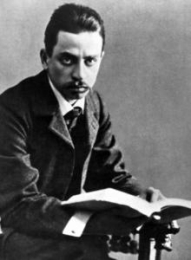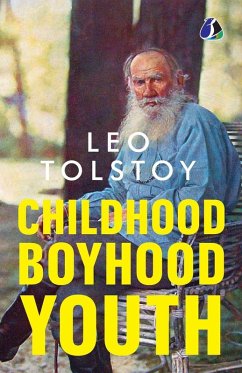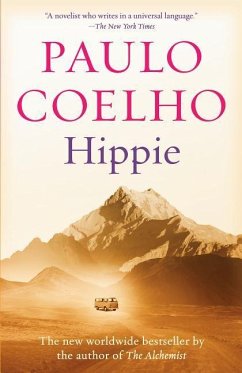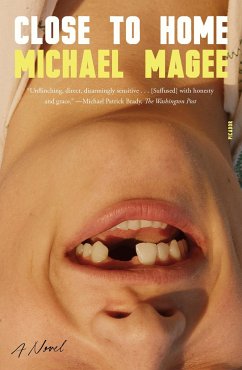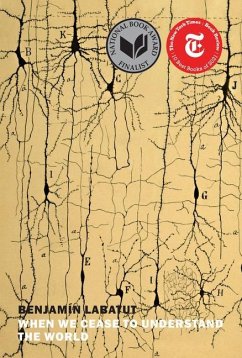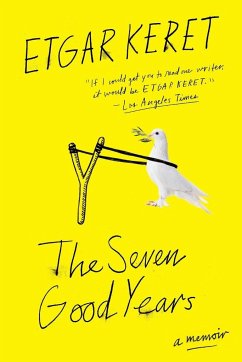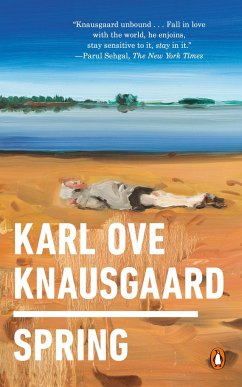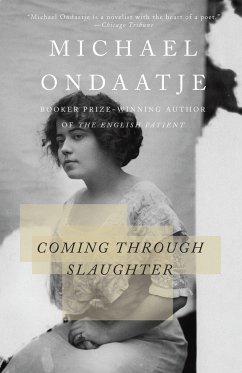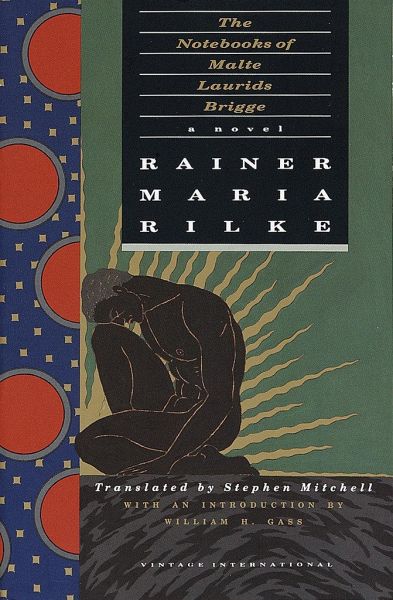
The Notebooks of Malte Laurids Brigge
A Novel
Versandkostenfrei!
Versandfertig in 1-2 Wochen
19,99 €
inkl. MwSt.
Weitere Ausgaben:

PAYBACK Punkte
10 °P sammeln!
This is the definitive, widely acclaimed translation of the major prose work of one of our century's greatest poets -- "a masterpiece like no other" (Elizabeth Hardwick) -- Rilke's only novel, extraordinary for its structural uniqueness and purity of language. First published in 1910, it has proven to be one of the most influential and enduring works of fiction of our century. Malte Laurids Brigge is a young Danish nobleman and poet living in Paris. Obsessed with death and with the reality that lurks behind appearances, Brigge muses on his family and their history and on the teeming, alien lif...
This is the definitive, widely acclaimed translation of the major prose work of one of our century's greatest poets -- "a masterpiece like no other" (Elizabeth Hardwick) -- Rilke's only novel, extraordinary for its structural uniqueness and purity of language. First published in 1910, it has proven to be one of the most influential and enduring works of fiction of our century. Malte Laurids Brigge is a young Danish nobleman and poet living in Paris. Obsessed with death and with the reality that lurks behind appearances, Brigge muses on his family and their history and on the teeming, alien life of the city. Many of the themes and images that occur in Rilke's poetry can also be found in the novel, prefiguring the modernist movement in its self-awareness and imagistic immediacy.




